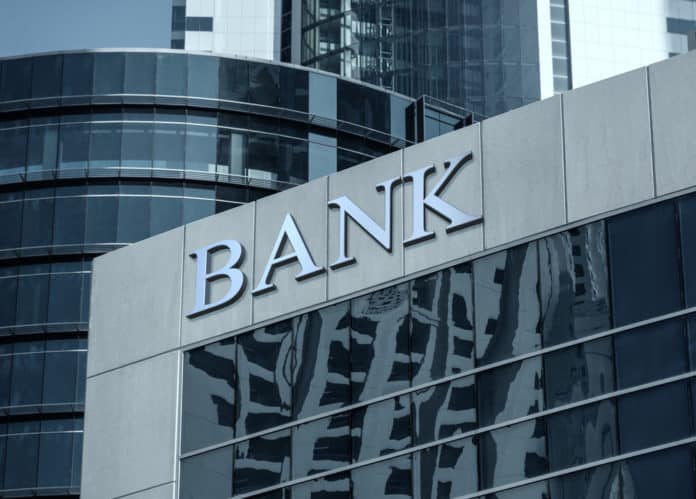Many commentators in the crypto industry believe that the key to the future of cryptocurrencies is their increased adoption and that the financial establishment will need to play a role in that. As a result, there is a lot of attention being paid to how retail banking (specifically the consumer-facing function of banks processing payments) is facilitating or dealing with crypto. Banks are usually seen as the adversaries of cryptocurrencies, but in the past few weeks, there have been some interesting developments that have changed the picture somewhat.
Bank Santander releases crypto-based instant international transfer app
There have been many attempts to make crypto payments faster by tweaking the underlying blockchain concepts employed. One such alt platform is Ripple (XRP) which has the ability to settle international transfers instantly and with no central authority. Santander uses Ripple in the new app called One Pay FX, which promises instant 24/7 transfers to any country on a list (mostly in Europe and Asia). This seems limited compared to, e.g., Bitcoin or Ethereum, but when put in comparison to regular bank drafts which can take up to a week to process it is clearly a big step forward.
XRP prices took a reasonable bump in response to the release, but this kind of application seems like it hasn’t yet realized its potential impact. There are a couple of possible reasons for this. Maybe it will take time for the adoption of the app to increase and the profile of the concept with it. However, there is also the possibility that investors and users are bearish on the concept of Ripple itself. In the end, it still uses fiat as the basis of the exchange of value; it just facilitates this with blockchain technology. Indeed, many Ripple applications don’t even use the XRP token itself.
BBVA bank uses blockchain technology to facilitate issuing of €75 million loan
Another interesting development is the use of blockchain and crypto technology in other financial sectors. Insurance and lending have long been touted as a domain ripe for disruption by blockchain technology, but it hasn’t seen many inroads to date. One big step in this direction is one of the biggest loans issued using blockchain which occurred in Spain this week, where BBVA Bank used two blockchains to document and process a massive loan issuance. The transaction was run on a private blockchain, and the results were included on the public Ethereum blockchain for posterity.
While cryptocurrency was not centrally used, it is still an interesting sign that ledger technology is making its way into corporate life.
Implications
At first glance, these developments seem good for crypto adoption and coin prices. More usage and legitimization of blockchain technology is a good sign. However, the question arises as to whether banks co-opting crypto innovation is necessarily good in the long-run since it takes some of the novelty and wind from the sails of platforms like Litecoin (in the case of the Santander app) and Ethereum (in the case of the BBVA loan). If banks can do crypto better than crypto-native platforms, this narrows the use cases for cryptocurrencies.
Banks have invested heavily in blockchain developers, so it will be interesting to see in the coming months what kinds of solutions banks come up with.






